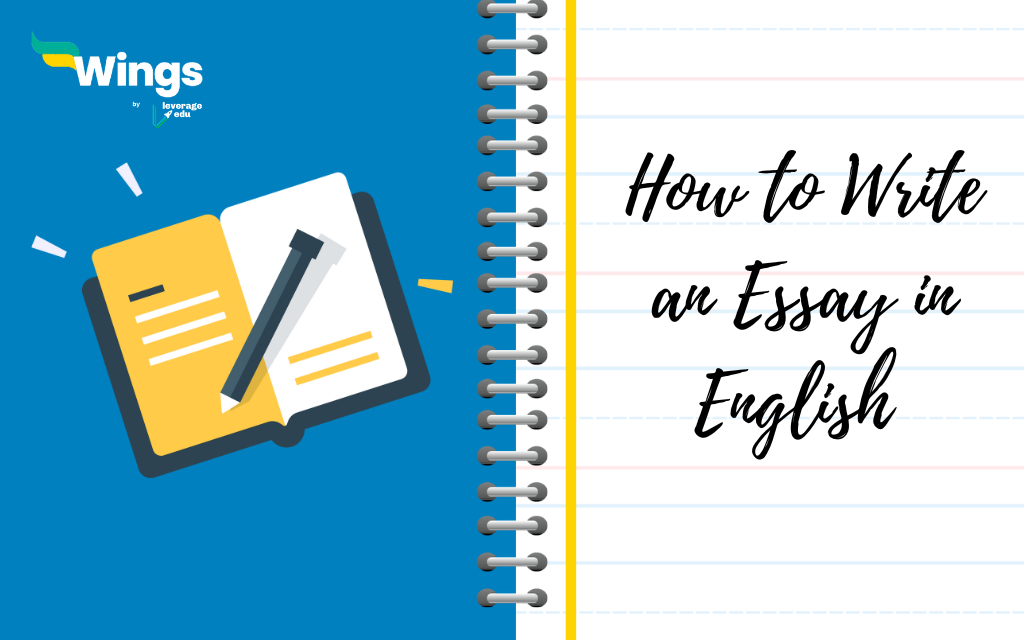10 Tips On How Ton Write An Essay
Writing an essay can seem like a daunting task, but it becomes much more manageable when you break it down into smaller steps. Here are ten comprehensive tips on how to write an effective essay, each broken down into detailed steps and insights to guide you through the process.
1. Understand the Assignment
a. Read the Instructions Carefully
Understanding the assignment is crucial. This involves thoroughly reading the instructions to know exactly what is expected of you. Pay attention to the type of essay you need to write (e.g., argumentative, narrative, descriptive, expository) and any specific guidelines regarding structure, format, and content.
b. Clarify Doubts
If any part of the assignment is unclear, seek clarification from your instructor. Understanding every aspect of the task will save you time and effort in the long run and ensure that you stay on track.
c. Determine the Scope
Knowing the scope of the essay helps you manage your time and resources effectively. Identify the main question or problem that needs to be addressed and think about how extensive your research should be.
2. Choose a Topic
a. Brainstorm Ideas
Start by brainstorming various topics. Write down everything that comes to mind and then narrow your list to a few promising options. Consider your interests, the assignment requirements, and the availability of research material.
b. Research Potential Topics
Do some preliminary research on your shortlisted topics. This will help you gauge the availability of information and the scope of each topic. Choose a topic that is both interesting to you and has ample resources.
c. Refine Your Topic
Once you’ve chosen a topic, refine it to make it more specific. A well-defined topic is easier to research and write about. Ensure that your topic is neither too broad nor too narrow.
3. Conduct Thorough Research
a. Use Reliable Sources
Gather information from credible sources such as academic journals, books, and reputable websites. Avoid using unreliable or biased sources, as they can undermine the credibility of your essay.
b. Take Detailed Notes
As you research, take detailed notes. Write down key points, quotes, and data that are relevant to your topic. Organize your notes by subtopics to make it easier to refer back to them later.
c. Keep Track of References
Keep track of all your sources for citation purposes. Proper citation is crucial to avoid plagiarism and to give credit to the original authors.
4. Develop a Thesis Statement
a. Craft a Clear Thesis
Your thesis statement is the central argument or claim of your essay. It should be clear, concise, and specific. Your thesis will guide the direction of your essay and inform your readers about what to expect.
b. Make it Debatable
A good thesis statement should be debatable, meaning it should present a point of view that others might disagree with. This opens up the opportunity for you to persuade your readers with your arguments.
c. Revise as Necessary
Be prepared to revise your thesis statement as you write. Your understanding of the topic might evolve, and it’s important that your thesis accurately reflects the main argument of your essay.
5. Create an Outline
a. Organize Your Thoughts
An outline helps you organize your thoughts and ensures that your essay has a logical flow. Start with the main sections (introduction, body, conclusion) and then break them down into sub-sections.
b. Detail Each Section
For each section of your outline, write down the main points and supporting details you plan to include. This will serve as a roadmap and make the writing process more efficient.
c. Use Bullet Points
Using bullet points or numbering can make your outline clearer and easier to follow. This visual structure can help you stay focused and organized as you write.
6. Write the Introduction
a. Start with a Hook
Begin your introduction with a hook to grab the reader’s attention. This could be a quote, a question, a startling fact, or a brief anecdote related to your topic.
b. Provide Background Information
After the hook, provide some background information on your topic. This helps set the context for your readers and gives them a better understanding of what your essay will discuss.
c. State Your Thesis
Conclude your introduction with your thesis statement. This provides a clear transition to the body of your essay and informs readers about the main argument you will be making.
Recommend: Student Loan Forgiveness: How it works
7. Write the Body
a. Develop Main Points
Each paragraph in the body of your essay should focus on a single main point that supports your thesis. Start each paragraph with a topic sentence that clearly states the point of the paragraph.
b. Use Evidence and Examples
Support your main points with evidence and examples. This could include data, quotes from experts, anecdotes, or other relevant information. Make sure to explain how the evidence supports your point.
c. Maintain Logical Flow
Ensure that your paragraphs flow logically from one to the next. Use transition words and phrases to connect ideas and maintain the coherence of your essay.
d. Stay on Topic
Avoid going off on tangents. Each paragraph should directly relate to your thesis statement and contribute to the overall argument of your essay.
8. Write the Conclusion
a. Summarize Main Points
In your conclusion, summarize the main points of your essay. Restate your thesis in a new way to reinforce your argument.
b. Provide Closure
Give your essay a sense of closure by wrapping up your ideas and demonstrating the significance of your findings. Avoid introducing new information in the conclusion.
c. End with a Strong Statement
Conclude with a strong, memorable statement. This could be a call to action, a prediction, or a thought-provoking quote that leaves a lasting impression on your readers.
9. Revise and Edit
a. Take a Break
After you’ve finished writing, take a break before you start revising. This helps you approach your work with fresh eyes and a clear mind.
b. Review for Clarity and Coherence
Read through your essay to ensure that it is clear and coherent. Make sure each paragraph flows logically and that your argument is easy to follow.
c. Check for Grammar and Spelling Errors
Proofread your essay for grammar, spelling, and punctuation errors. These mistakes can distract readers and undermine the credibility of your work.
d. Seek Feedback
Consider asking a friend, classmate, or instructor to review your essay. Feedback from others can provide valuable insights and help you improve your work.
10. Format and Cite Properly
a. Follow Formatting Guidelines
Ensure that your essay follows the required formatting guidelines, such as font size, margins, and spacing. Proper formatting gives your essay a professional appearance.
b. Cite Sources Correctly
Use the appropriate citation style (e.g., APA, MLA, Chicago) to cite your sources correctly. Proper citation is crucial for avoiding plagiarism and giving credit to the original authors.
c. Include a Bibliography
Include a bibliography or works cited page at the end of your essay. This provides a list of all the sources you used in your research.
By following these ten comprehensive tips, you can improve your essay-writing skills and produce well-structured, compelling, and persuasive essays. Remember that practice makes perfect, and the more you write, the better you will become at articulating your ideas effectively.







1 comment
Hey people!!!!!
Good mood and good luck to everyone!!!!!